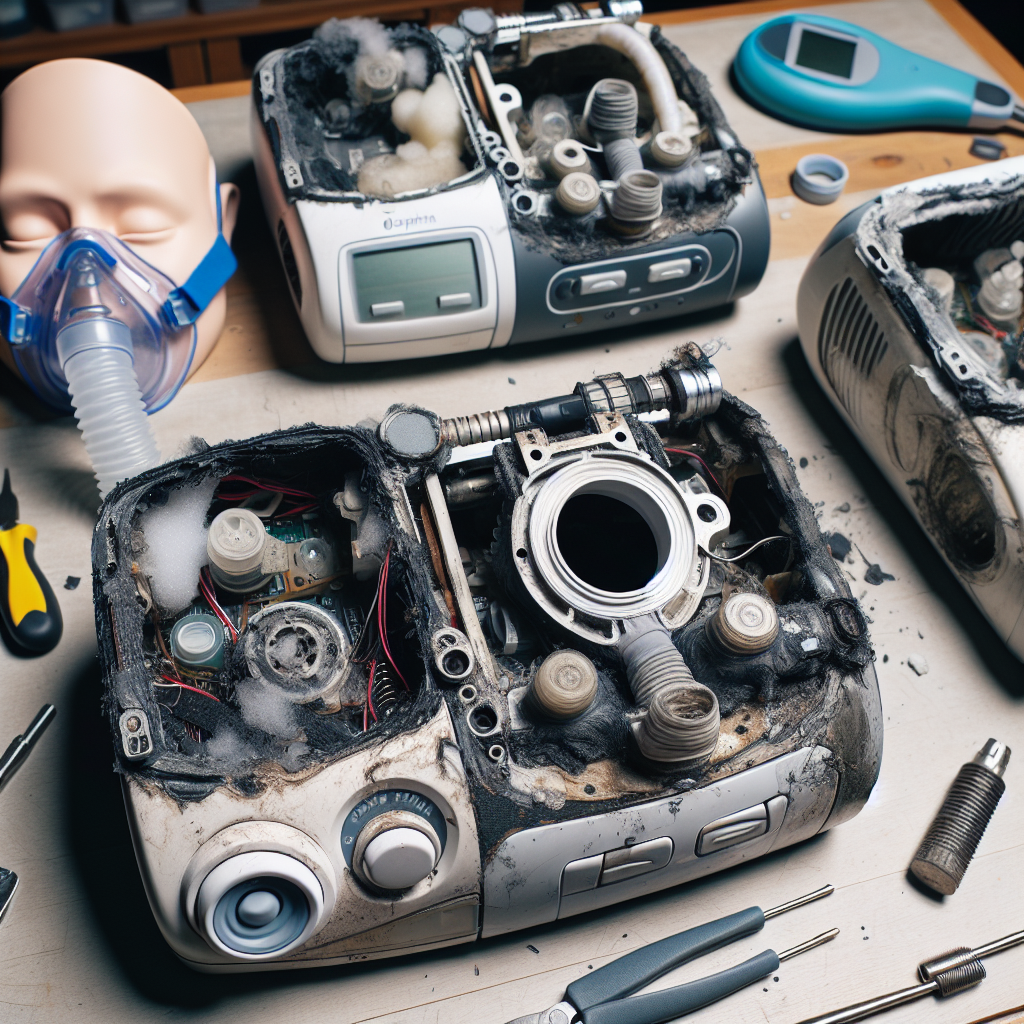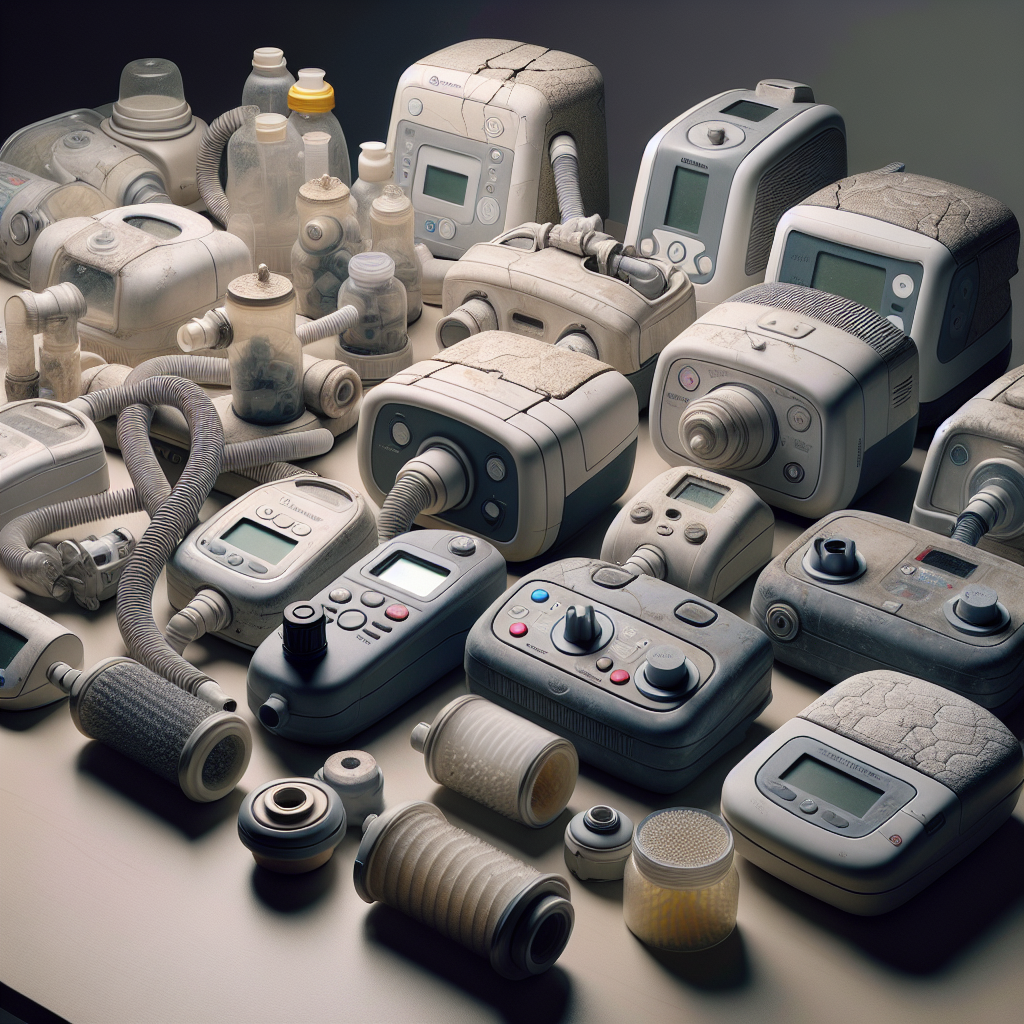Defective CPAP Machines: A Silent Threat to Sleep Apnea Patients

Sleep apnea is a common sleep disorder that affects millions of people worldwide. Continuous Positive Airway Pressure (CPAP) machines have become the gold standard for treating this condition, providing relief and improving the quality of life for many patients. However, recent reports have raised concerns about defective CPAP machines, highlighting the potential risks they pose to users. This article delves into the issue of defective CPAP machines, exploring the consequences and offering insights into how patients can protect themselves.
The Rise of Defective CPAP Machines
In recent years, there has been a surge in reports of defective CPAP machines, particularly those manufactured by certain well-known brands. These machines, which are designed to deliver a constant flow of air pressure to keep the airways open during sleep, have been found to malfunction in various ways. Common issues include faulty power supplies, air leaks, and software glitches that disrupt the therapy.
One of the most alarming concerns is the potential release of harmful chemicals from the materials used in the manufacturing of these machines. Some CPAP machines have been found to emit volatile organic compounds (VOCs) and other toxic substances, posing a serious health risk to users. Prolonged exposure to these chemicals can lead to respiratory problems, allergies, and even cancer.
The Consequences for Sleep Apnea Patients
The consequences of using a defective CPAP machine can be severe for sleep apnea patients. Firstly, the malfunctioning of the machine can disrupt the therapy, rendering it ineffective in treating the condition. This can result in a worsening of symptoms, including excessive daytime sleepiness, fatigue, and impaired cognitive function.
Furthermore, the release of harmful chemicals from the machine can have long-term health implications. Studies have shown that exposure to VOCs can lead to respiratory issues such as asthma and chronic obstructive pulmonary disease (COPD). Additionally, some VOCs are known carcinogens, increasing the risk of developing cancer over time.
Protecting Yourself from Defective CPAP Machines
As a sleep apnea patient, it is crucial to take proactive measures to protect yourself from the risks associated with defective CPAP machines. Here are some steps you can take:
- Regularly check for recalls: Stay informed about any recalls or safety alerts issued by the manufacturer or regulatory authorities. Register your machine with the manufacturer to receive timely updates.
- Inspect your machine: Regularly inspect your CPAP machine for any signs of damage or malfunction. Pay attention to unusual noises, air leaks, or changes in performance.
- Follow maintenance guidelines: Adhere to the manufacturer’s maintenance guidelines to ensure proper functioning of the machine. Clean and replace filters as recommended, and seek professional assistance for repairs.
- Consider alternative options: If you suspect your CPAP machine is defective or if you experience persistent issues, consult your healthcare provider about alternative treatment options, such as oral appliances or surgical interventions.
Conclusion
Defective CPAP machines pose a silent threat to sleep apnea patients, compromising the effectiveness of therapy and potentially exposing users to harmful chemicals. It is essential for patients to stay vigilant, regularly inspect their machines, and follow maintenance guidelines. By taking proactive measures and seeking professional advice when needed, sleep apnea patients can ensure their safety and well-being while managing their condition effectively.







